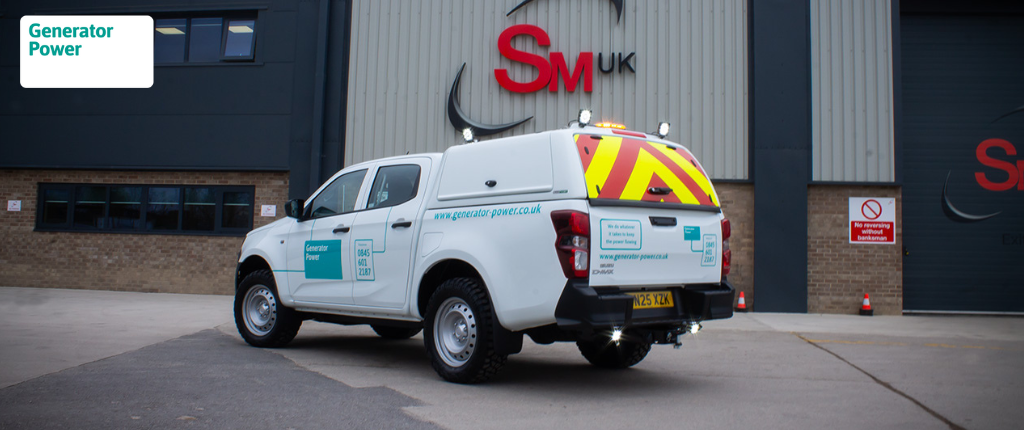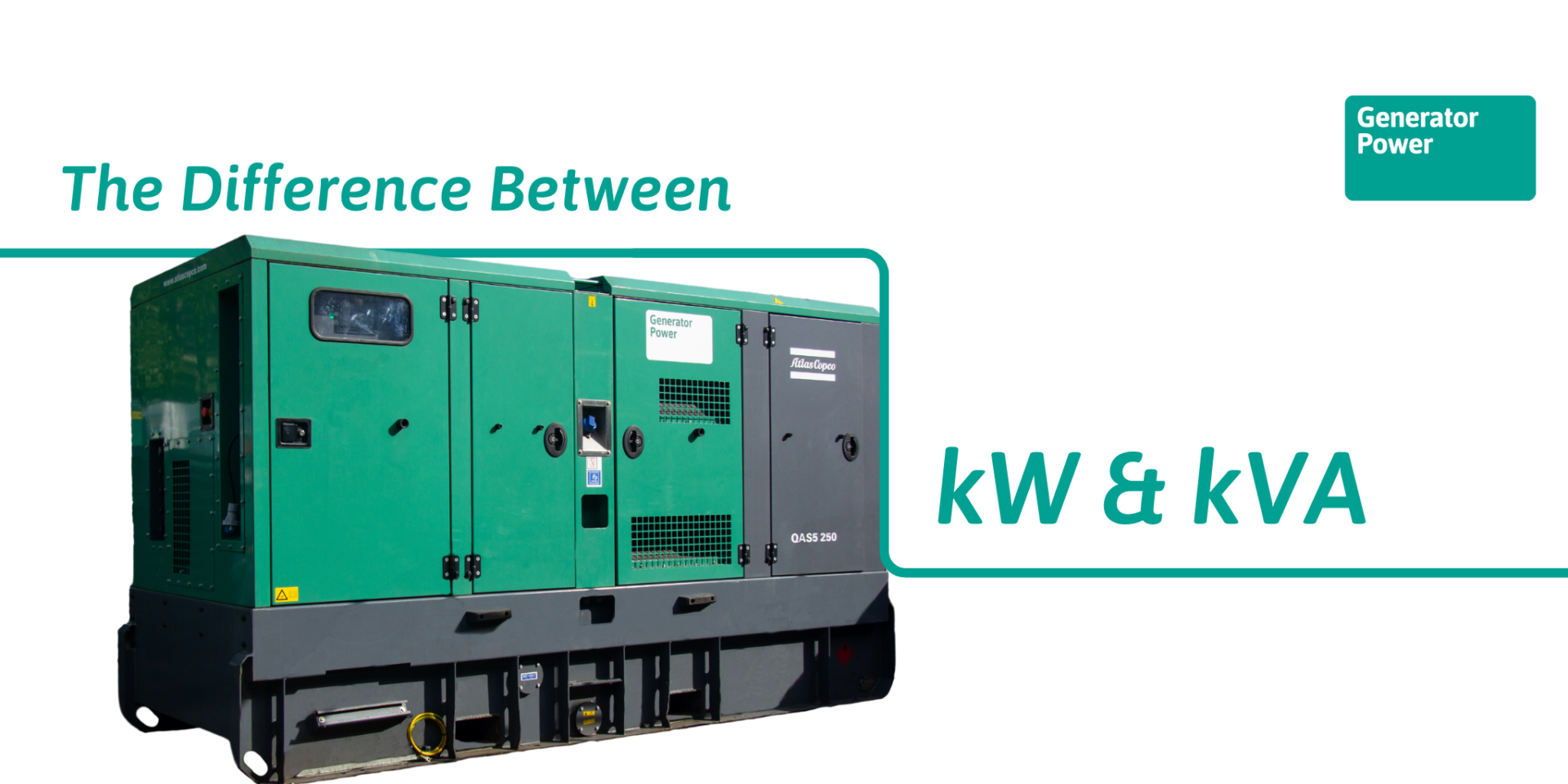Electricity plays a pivotal role in everyday life. When thinking about your daily routine, it’s hard to imagine what things would be like without electronic devices.
Despite its importance, electrical safety is repeatedly overlooked. How often do you complete basic checks around your home to ensure your devices are working properly? In most cases, the electricity that powers our favourite gadgets and appliances are largely unnoticed until a fuse trips or there’s a power outage in your local area.
With the above in mind, we’ve put together this comprehensive guide to help you maintain electrical safety within your home.
Understanding The Risks Of Electricity
Exposure to direct electricity or electrical faults can have a devastating impact. In fact, the latest statistics from the UK Government helps to put this into perspective. The 2019 report found that:
- 19,300 accidental fires were caused by electrical faults
- Faulty appliances and leads accounted for 3667 (25.9%) of accidental fires.
- 11 fatalities were attributed to electrical distribution fires.
- Electrical distribution was also the cause of 321 serious injuries.
The report also estimates that millions of people are at risk due to carelessness or ignorance about electricity at home. To reduce our exposure to potentially catastrophic electrical faults, it’s vital that we educate ourselves on the basics of staying safe with electricity.
Reviewing Your Electrical Setup
Step one in improving electrical safety is to identify any potential risks. Although this may seem like a daunting task, most of the checks can be as simple as making sure that sockets aren’t overloaded, ensuring that cables don’t run next appliances that produce heat, or keeping wires away from water.
The Electric Safety Council has created a Home Electrical Safety Check app, which provides guidance on how to complete basic electrical safety checks.
For an additional precautionary measure, we recommend that you enlist a qualified electrician to review your electrical setup and ensure that your fuse box and appliances are up to date in line with the latest standards and regulations.
Top Tips For Maintaining Electrical Safety
Here are 7 our top tips to help you improve electrical safety at home:
- Keep flammable items away from sources of heat – As you would expect, it is highly recommended that you keep combustible materials away from items that produce heat. For example, ensure that your iron is kept away from items such as clothes and cleaning products.
- Don’t overload sockets – When using plug sockets or extension cords it’s important to remember the amount of amps the device can safely supply. Overloading sockets, adapters or extensions can result in an electrical fire.
- Check for frayed or worn cables – Whether it’s a phone charger or the plug for your kettle, it’s vital that you check your appliances for loose, frayed or worn cables. For best practice, we recommend that you take a look at the wire of your appliance before using it.
- Turn off appliances at the plug when not using them – This is perhaps one of the easiest tips to implement. You simply need to switch off your appliances at the plug when you’re not using them. Not only will this help to improve your home safety, but it can also deliver substantial cost savings on your energy bills.
- Cover outlets with socket guards – This tip is particularly relevant for those with children. Socket guards are relatively cheap to purchase and can be really useful in helping to safeguard your children.
- Use the right fuse – If you have to replace the fuse in an appliance, always ensure that you’re using the correct fuse. This information can be found in instruction manuals and can help to prevent cables and leads from overheating.
- Install a residual current device (RCD) – An RCD is an electrical wiring device that helps to protect people from receiving a serious electrical shock. You can install an RCD to either your fuse box or simply plug it into a wall socket.
We hope this guide provides you with a solid foundation for taking a proactive approach to electrical safety in your home. With these tips, you can prevent some of the most common causes of electrical fires and faults.
However if you require any further assistance or are in need of emergency or standby power, contact our team and we’ll be happy to help.
In the meantime, if you have any electrical safety tips that you’d like to share, let us know on Twitter, LinkedIn or Instagram!








